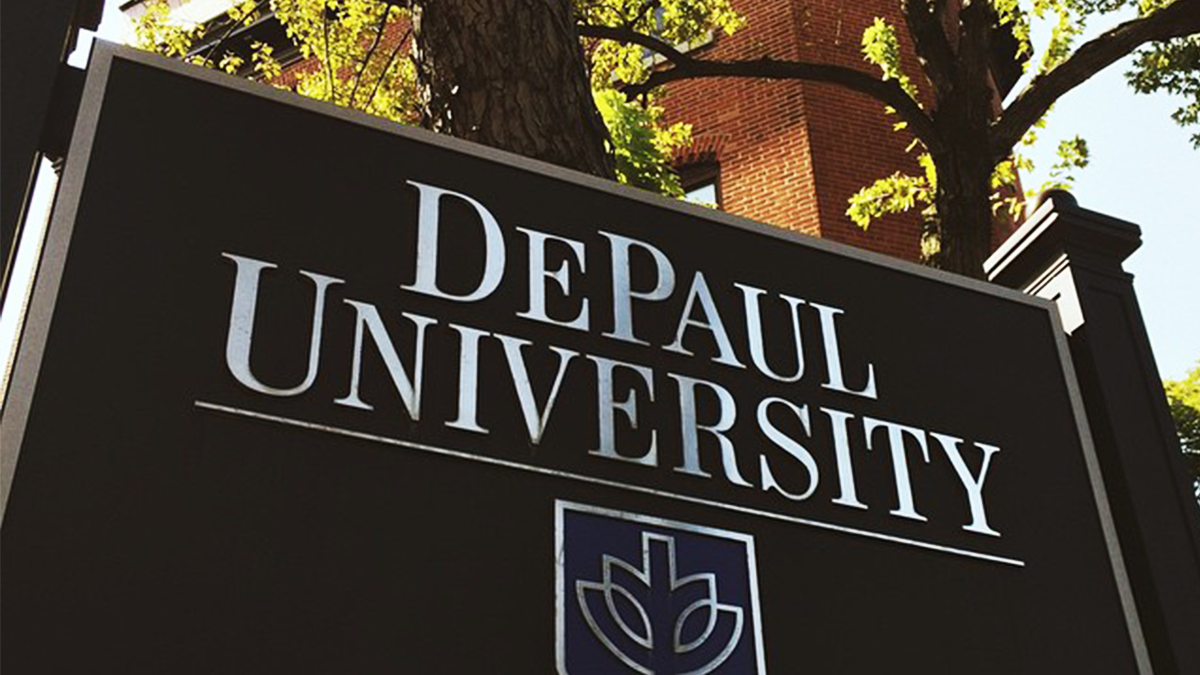It was one year ago that Gov. J.B. Pritzker signed the law legalizing recreational cannabis in Illinois.
"We want to make sure that we're building this market the right way," Pritzker told his audience that day. "And that there's ownership spread across communities that have historically not had the opportunity."
When sales began on a very cold New Year's Day, business took off. In just the first five months of this year, Illinois dispensaries racked up over $191 million in sales. More than $44 million came from visitors to the state. And over $40 million in tax revenue has been pumped into Illinois coffers.
Those are impressive numbers, especially considering the fact that the coronavirus pandemic hit just two months into the new industry's existence, and plans for new dispensaries were pretty much put on the back burner. Observers say barring the virus, sales might have been markedly higher.
But that other component, the effort to spread the wealth across hard-hit communities, has fallen victim to the same viral forces which effectively ground the program's expansion to a halt.
"All of that slowed down - all of it did," said Toi Hutchinson, senior advisor to the governor for cannabis control. "It is incredibly difficult, every single month of delay there is, and if there's anything that keeps me up at night, it's that."
The so-called "social equity" program is continuing to build up a massive multi-million dollar fund, designed to finance programs in hard-hit communities. But those traditionally impacted by the 40-year war on drugs were to get special consideration for new franchises. And that part of the program has slowed as the myriad of state agencies responsible for enforcement have been impacted by the virus pandemic.
Local
"We're attempting to do criminal justice reform and drug policy reform and community reinvestment and do it at a time when none of us know what to expect," Hutchinson notes. "We're nowhere near the finish line, but I'm so proud to be on this journey."
Part of the social equity program also involved expunging the criminal records of thousands convicted of low-level marijuana offenses. That process was well underway, but is a more drawn out process.
"We knew that identifying 770,000 records in one state, in a country that still arrests almost 800,000 people a year for cannabis was significant and big," Hutchinson said. "And was going to be challenging."
Bolstering that Illinois effort, a recent ACLU study found that even in states where marijuana has been legalized, enforcement continues to fall disproportionately on people of color. The study, called "A Tale of Two Countries", said that while marijuana arrests were down 18% since 2010, law enforcement still made more than 6.1 million arrests over the last eight years, almost 700,000 in 2018 alone (more than all violent crimes combined).
And black people are more than three times more likely to be arrested for marijuana possession than whites, even though the study found that black and white people use the drug at similar rates.
"These harms include not only arrests, incarceration, and lifelong criminal convictions, but also the loss of jobs, financial aid eligibility, child custody, and immigration status," the study said. "In every single state, black people were more likely to be arrested for marijuana possession, and in some states, up to six, eight, or almost ten times more likely to be arrested."
Hutchinson says she receives repeated inquiries from officials in other states about the Illinois social equity program - which she argues is a model for the rest of the nation.
"This has never been about whether it was legal to go buy cannabis---this was about how we could change the last 80 years," she said. "The social equity portions of this have everything to do with not only how you change the face of who operates the industry, but how that industry and the criminal enforcement of it impacts communities everywhere."



